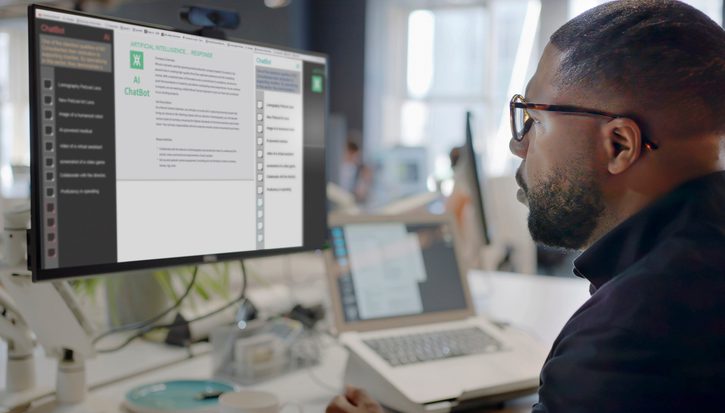
The new politics of AI: Why fast technological change requires bold policy targets
Article
The upcoming AI Action Summit in Paris is an opportunity to show how we can harness artificial intelligence (AI) as a force for societal, economic, and environmental good.
AI is fundamentally different from other technologies – it is set to unleash a vast number of highly sophisticated ‘artificial agents’ into the economy. AI systems that can take actions and make decisions are not just tools – they are actors. This can be a good thing. But it requires a novel type of policymaking and politics. Merely accelerating AI deployment and hoping it will deliver public value will likely be insufficient.
In this briefing, we outline how the summit constitutes the first event of a new era of AI policymaking that links AI policy to delivering public value. We argue that AI needs to be directed towards societies’ goals, via ‘mission-based policies’.
You might also like ...

Transformed by AI: How generative artificial intelligence could affect work in the UK – and how to manage it
Technological change is a good thing. It has brought exponential gains to living standards and is the foundation of modern society. Yet unmanaged technological change has always come with risks and disruptions.
Student loan reform: weighing the trade-offs
Millions of graduates are paying more for longer as frozen thresholds and high interest rates bite, leaving ministers with tough choices on how to deliver meaningful, targeted relief.
Will technology reduce the cost of delivering public services?
This is the third in a series of blogs related to IPPR Scotland’s project on ‘Employment, Productivity and Reform in the Scottish Public Sector’ funded by the Robertson Trust.